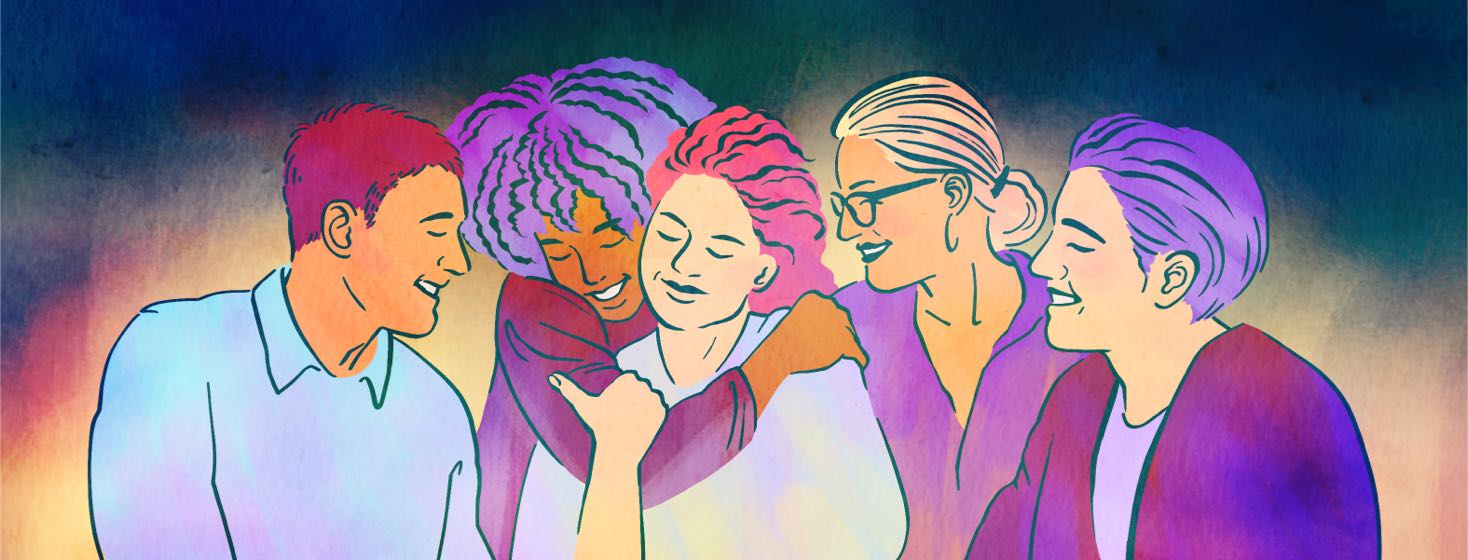Inclusivity and Rare Diseases: 6 Things for Friends and Family to Consider
Social situations can be very difficult to navigate with a rare disease or chronic illness.
From navigating logistics to friends just not quite getting it, it can certainly feel exhausting at times. Here are 6 things that I wish loved ones would consider in the future:
1. Invite us
I've heard many people in the rare disease community say they learn about social gatherings after the fact. They weren't invited because their friend assumed they wouldn't go.
Even if I can't go to an event, I would still love to be invited. Let me make that determination. Maybe I'm having a good week, or maybe the venue can accommodate my needs better than the host thought. I don't want to be excluded from events.
2. Choose to be inclusive
I have celiac disease and must eat very strictly gluten-free. There are a lot of restaurants in my city that I can eat at safely, so I was surprised when a friend wanted to go on a double date to a specific restaurant that clearly wasn't safe for me.
If only 4 people were dining together, why on earth would you tell one person to sit and watch everyone else eat? Why choose to be exclusive? I politely explained this to them and suggested a few other restaurant options in the neighborhood. I have, however, had many good experiences when friends say, "Hey Jessica! Let's get together. Wanna go to that restaurant we both love?"
3. Small gestures can be meaningful
I also have thyroid eye disease, and for a long time I wore sunglasses in photos. The condition can cause significant changes to the face, and it was too emotionally painful to see myself in photos. Wearing sunglasses took the pressure off.
One of my friends knew this, so when a camera inevitably came out during a group dinner, she said, "Hey! Can we all do a cool sunglasses photo?" She smiled at me, leaned over, and said, "I've been listening."
This simple gesture and her thoughtfulness really meant so much to me.
4. Don't judge
I told some friends I wasn't sure if I could attend a specific outdoor event because the long hours in the intense summer heat would irritate my eye condition too much. When I asked questions about the venue, they seemed confused as to why anyone would ask those specific questions.
Know that if I'm asking a question, it's for a good reason, so a simple, straightforward answer is appreciated.
5. Be flexible
Sometimes, flexibility is needed with a rare disease. Community members are often working through fatigue, flare-ups, and navigating daily symptoms. If someone asks to make a small change in plans, it's probably because a lot is going on that can't be seen from the outside.
6. I don't want to say no
Fear of missing out is a real thing. I want to say yes to everything. I don't want my medical conditions to control every aspect of my life. I want to feel "normal."
But the reality is that I can't do everything, and certain situations are easier to manage than others.
What do you wish your loved ones knew about inclusiveness?

Join the conversation